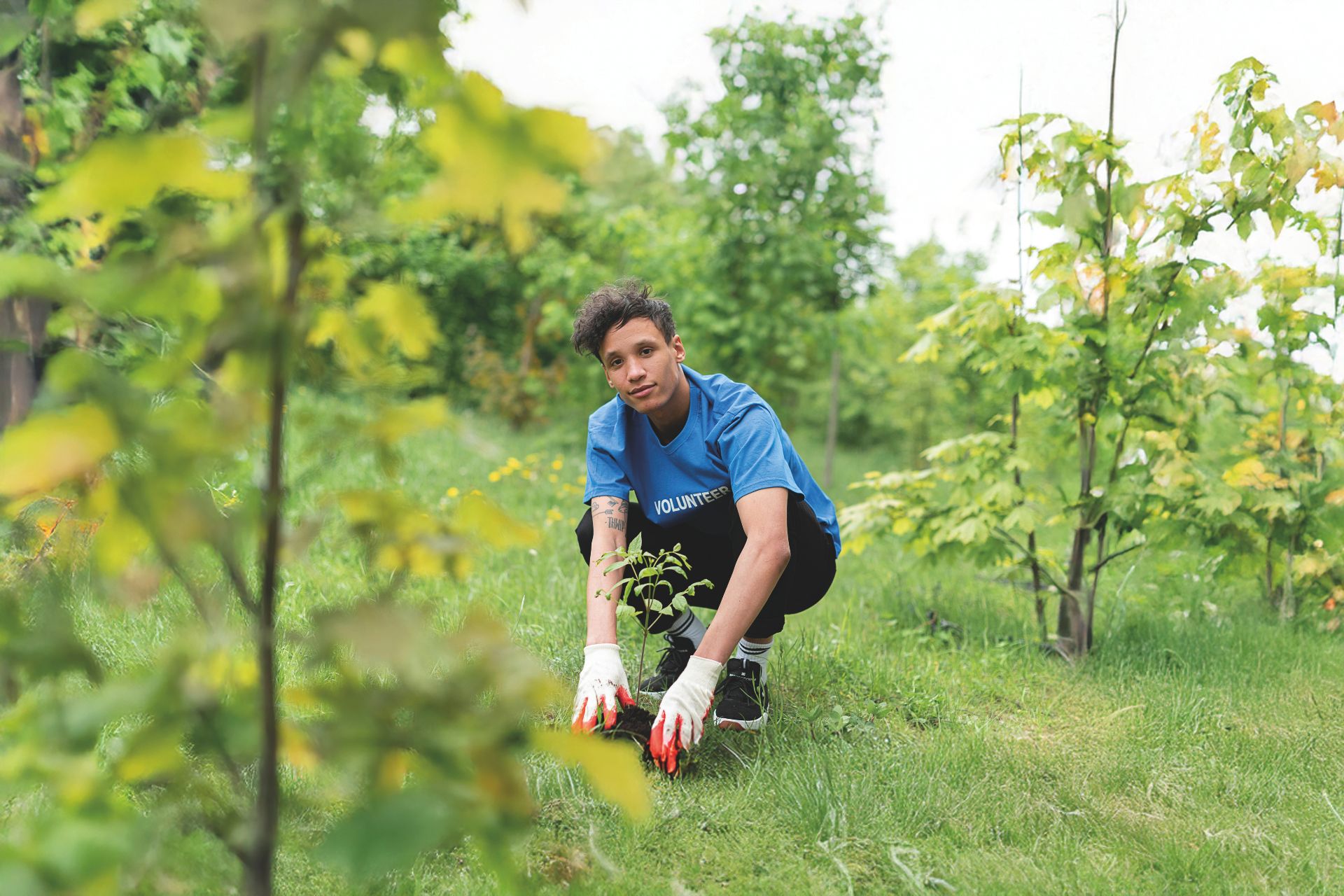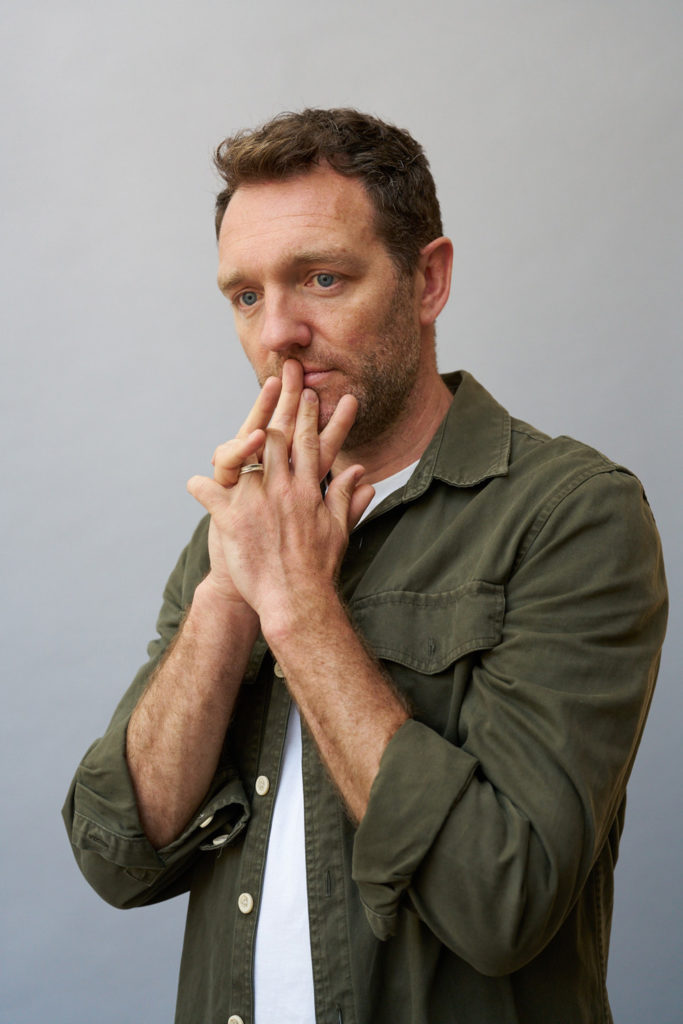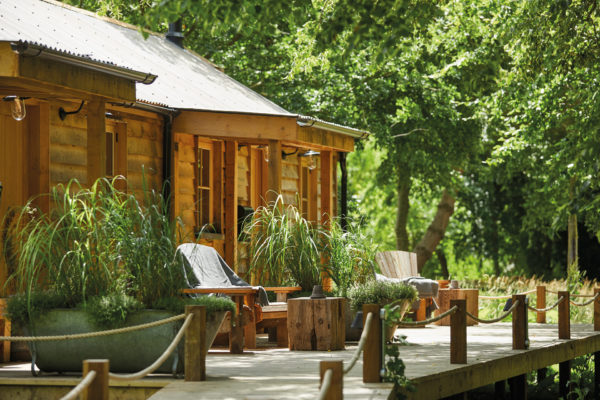We May Be Living Longer, But How Do We Ensure The Planet Catches Up?
By
7 months ago
Longevity is growing, but our life support system is fading

Will the ‘Regeneration’ use their long life expectancy to ditch the screen and save the planet? asks James Wallace
As Human Life Expectancy Increases We Must Prolong Earth’s As Well
We humans do like to procreate. If you, or more likely your lovechild, were born in the past 20 or so years, you/they have the privilege of an extended life expectancy that our horny ancestors could only have dreamed of. According to Statista, in 1910 the UK average life was only 52 years; by 1960 it had rocketed to 70, and now you can look forward to 82 years on Planet Earth.
With 15,000 centenarians in England and Wales, never before have so many people smacked a century out of the park thanks to modern wealth and health. We can sit back and relax in the knowledge that our Gen Z or Gen Alpha offspring will benefit from nutritious food, novel cancer treatment and the joys of a fulfilling and active lifestyle.

Unsplash
But there’s a deeply ironic catch to all this good news. Our life support system – nature – is about to snuff it. This beautiful blue galactic space-marble will soon no longer support the eight billion people suckling from her once overflowing teets. She giveths hope with one hand and takeths away sustenance with another. Despite the promise of longevity and abundance, many of our immediate descendants will not live full lives. This deeply unsettling truth will break many hearts as eyes are opened.
Everything we hold dear is at risk, as other societies across the globe can attest. Many parts of the world are becoming uninhabitable already, thanks to extreme weather – floods, drought, wildfires – and extreme politics. Simply put, there will not be enough food, water, shelter and stability for us all to live.
But that’s okay because our kids will fix the problems. Or is it? As parents we haven’t exactly helped them prepare. Just getting through childhood unscathed is a miracle. Never before have so many people been so privileged yet so at risk of being overwhelmed by the worries of inheriting an ecological desert, the effects of deprivation from mother nature and the temptations of highly addictive screens. Even the small things, like having the right shaped eyebrows to survive social media, would bring us oldies out in hives.
Thankfully though, there is hope in some exceptional, young people who see what the tidal wave of corporate greed, conspicuous consumption and genocidal leaders is doing to them and their planet. There is an enlightened ‘Regeneration’ getting ready to rebuild our infrastructure, regrow our ecosystems and unleash the wisdom and experience of youthful leaders and collaborative workers.
Inspired by hundreds of young activists, there is a new trend in town – bucking the selfish ideals of capitalism, harnessing the digital tools threatening the mental health of millions, and challenging the system with a positive alternative reality. In the words of First Nation Canadian Autumn Peltier (20): ‘We can’t eat money, or drink oil’. Creative educators like Singaporean Qiyun Woo (28) are literally rewriting our global economic model.
From local food collectives and citizens assemblies to ethical online trading and alternative currency start-ups, never before has a group of dispersed and determined individuals formed a global community building a new future for the benefit of the many, not just the few. Will the rest of the Regeneration reject the false security of flickering screens in the Netflix cave to join the mutually beneficial ranks of youth changemakers in broad daylight?






















